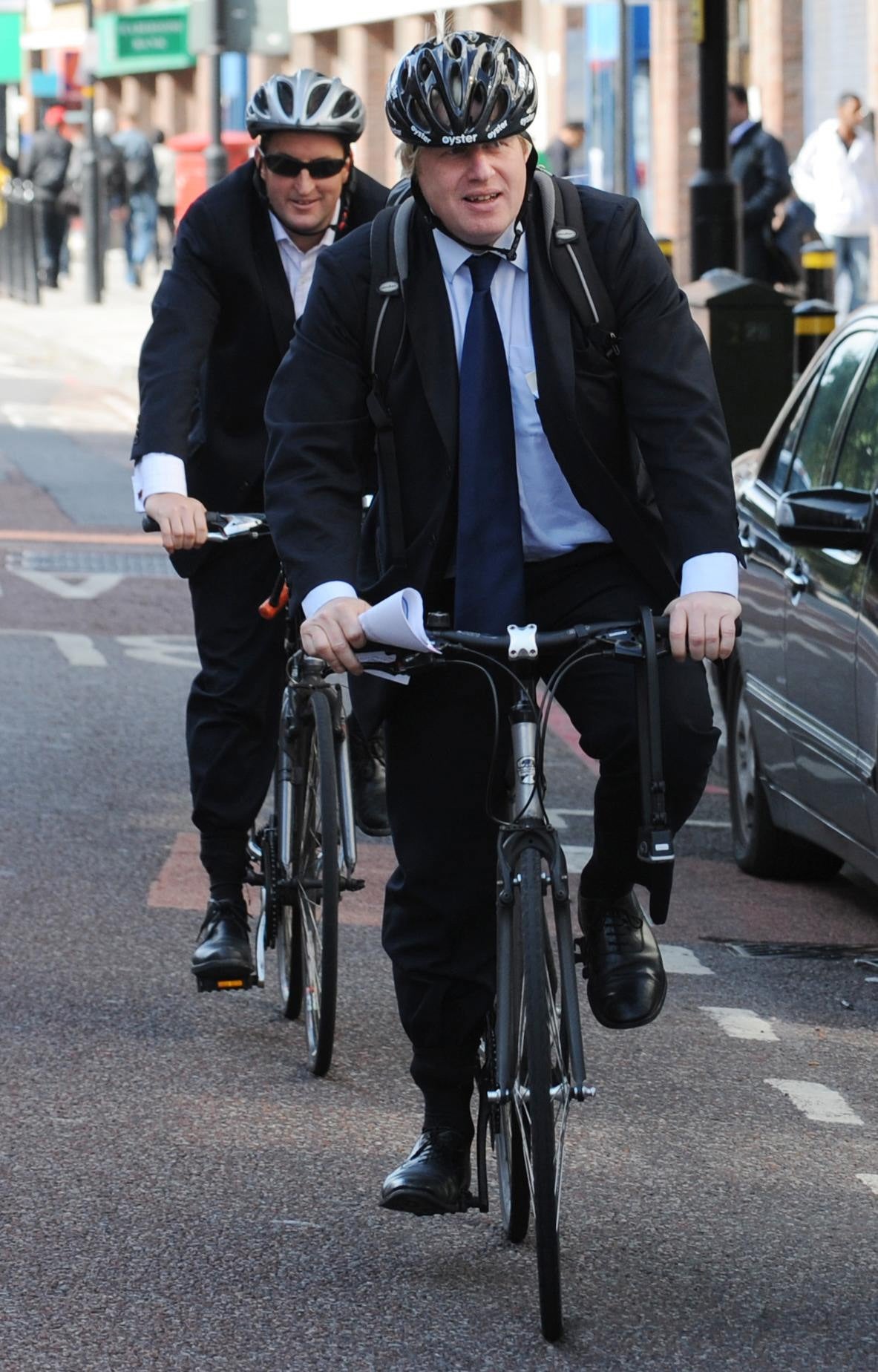Who is Guto Harri, the new communications chief in Downing Street?
Guto Harri has been made the Prime Minister’s new director of communications.

A former adviser to Boris Johnson and committed Remainer who once criticised the Prime Minister’s political style, has become his director of communications in a Downing Street shake-up.
Guto Harri, who served as a key aide to Mr Johnson while he was mayor of London takes on the role following the resignation of Jack Doyle.
Mr Harri was previously the BBC’s chief political correspondent and returned to broadcasting in 2018, working for Welsh free-to-air channel S4C.
Last year he quit GB News following a row over him taking the knee on air during a debate about racism directed at England football players.
Mr Harri, 55, reportedly decided to leave the channel after he was suspended following a viewer backlash over his action.
Writing in the Sunday Times about his experience on GB News, the former broadcaster said: “I joined part-time but with an ongoing commitment, because I liked and trusted those in charge and supported the broad vision.
“But the channel is rapidly becoming an absurd parody of what it proclaimed to be.
“Rather than defending free speech and confronting cancel culture, it has set out to replicate it on the far right.”
Born in Cardiff, Mr Harri studied at the University of Oxford and later took a postgraduate course in journalism at Cardiff University.
Between working for Mr Johnson and for GB News, he became director of communications for News UK in 2012 following the fallout from the phone-hacking scandal.
In an alumni blog post on Cardiff University’s website, Mr Harri described the role as a “shock to the system”.
“I’m very proud of the part that I played in allowing those people to be journalists again and not be seen as phone hackers and corrupters of public life,” he wrote.
Mr Harri said in the same post he was “surprised, disappointed and arguably distraught” about Mr Johnson’s leadership of the Leave campaign.
He said he held “very different views” on Brexit from his then-former boss and described leaving the EU as “a catastrophic act of self-harm for the UK”.
In the same year, Mr Harri also took aim at Mr Johnson over a series of controversial remarks which he said were doing “enormous damage” to his former boss’s political prospects.
He accused Mr Johnson of “digging his political grave” and warned he would be “hugely divisive” as a Prime Minister
At the time, Mr Johnson faced a Tory backlash over his claim that Theresa May’s Brexit strategy had put the UK in a “suicide vest” and handed the detonator to Brussels.
Mr Harri added that Mr Johnson was “dragging us into a place where we think that we can joke about suicide vests and that we can be sexually incontinent”.
He told BBC Radio 4’s The Week in Westminster in 2018: “He was a huge unifying figure by the end of my time with him when the Olympics happened in London.
“There were people on left and right. He would not have been re-elected in a left leaning city like London if he hadn’t appealed to the left.
“Now he’s gone the other way. He’s become more tribal, and tribal within the tribe, so that he would now be – if he were to become leader – a hugely divisive figure.”
Bookmark popover
Removed from bookmarks